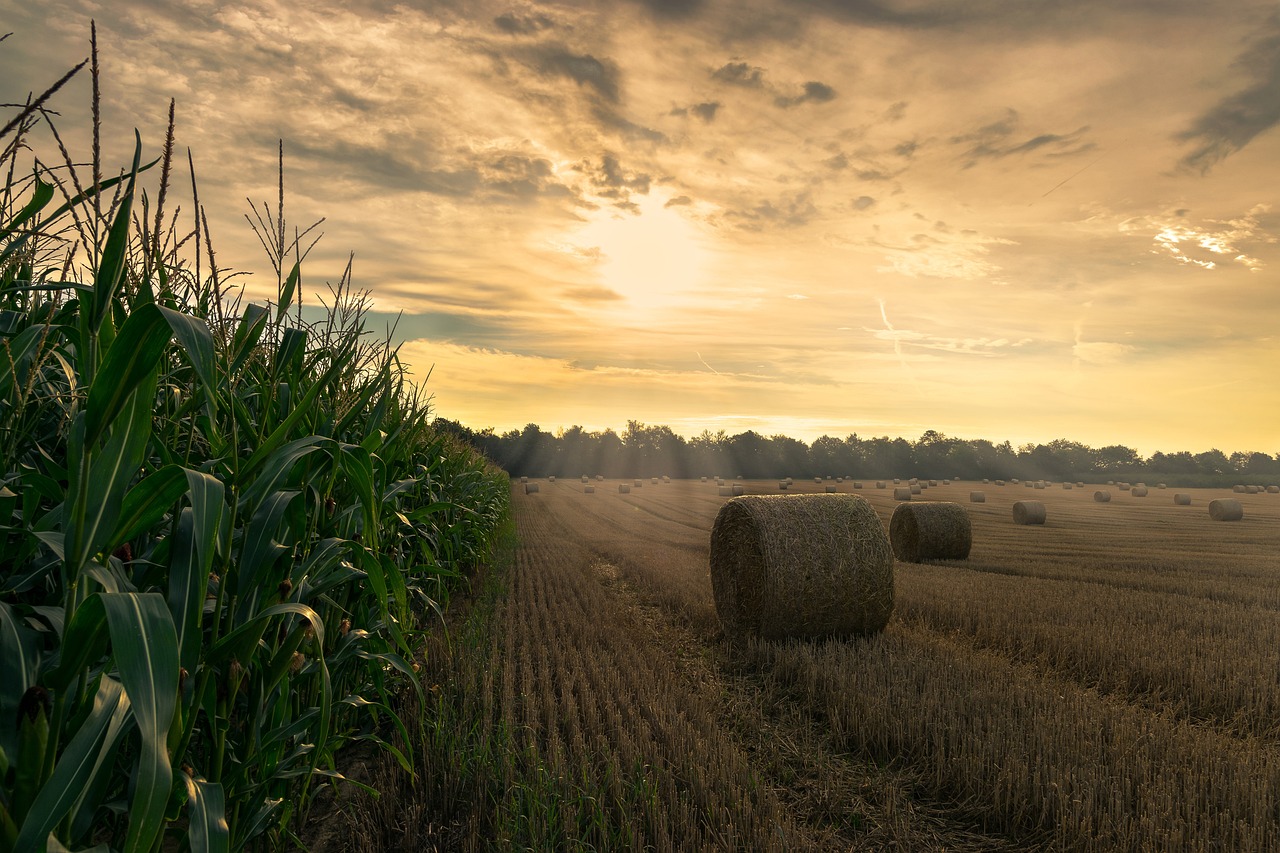Land Ownership Rooted Firmly in Family Connections
Stratovation Group is proud to feature blog items from esteemed agricultural commentator, Blake Hurst. Blake is a highly respected Missouri farmer and greenhouse operator, former president of the Missouri Farm Bureau, and a member of Stratovation Group’s Board of Advisors.
I was listening to a podcast and one of the participants, while bemoaning the gerontocracy that rules these United States, mentioned that we are going to see the largest transfer of wealth in human history as the Baby Boomers leave the scene.
And I suppose that is so. Although, when you think about it, the same has been true for a very long time, since humans as a species have been getting richer for a couple of hundred years now. Whenever we measure the estates the passing generation leaves behind, they are quite likely to be larger than the generation before.
I’m not sure exactly what this means for public policy or the economy. We worry about this a lot in the agricultural sector. The average age of farmers is now somewhere around 60, with fully a third of farmers over 65. I can’t tell you how many articles I’ve read worrying about who will farm in the future, when we old farmers finally give up the combine seat. One of my favorite lines upon the passing of Queen Elizabeth was the comment that Prince Charles, now 78, would finally get to drive the combine.
In my younger, braver days, I wrote an article about this, one I thought was tongue in cheek. I recommended arming the Future Farmers of America in order to decrease the average age of farmers, and made a fairly tasteless joke about prostate troubles. Come to find out, farmers in Missouri were not on board with my attempt at satire. My editor handled a number of irate letters. I guess my sense of humor is an acquired taste.
Anyway, Chris Clayton has written a very interesting article discussing a study about land tenure in Iowa done by Iowa State University. According to the author the study, conducted since 1949 and in its present form since 1988, is a representative sample of farms in Iowa. The study reports that 84% of the land in Iowa is owned debt free, an improvement of over 20% since 1982. We truly are enjoying a golden age in farming.
Sole proprietors have decreased markedly, a function I would imagine of the increased value of land and the passing of individual farms to a number of heirs. LLCs and trusts have increased the amount of land they own, a result of estate planning rather than an actual shift in who owns farms, I’d guess.
Some two-thirds of Iowa land is owned by people over the age of 65, and folks over 75 own 37% of Iowa farm ground. For sure, someone new is going to own the land in Iowa in the very near future. What, exactly, does this mean for farming in Iowa, and the rest of the Midwest, if we assume that Iowa is representative of the Corn belt?
Nothing much, I would imagine. Half of survey respondents mention that they plan on leaving the land to family members. Eighty percent of the landowners have a prospective heir to take over ownership of the land. Over half of landowners in the survey do not farm, so they already have a relationship with a farming tenant. So, if the survey numbers are correct, much of the land will continue to be farmed by existing tenants, with the only change being the address on the rent check. Only 4% of the landowners plan to sell their farms to non-family members.
Seventy percent of Iowa farms sold are purchased by farmers. So, even the small proportion of land that will be sold will likely be farmed by farmers adding the farm to existing operations.
The ethic to keep the farm in the family is very strong. Less and less land is owned by the people farming it, but the land owners are quite likely descendants of farmers, and the land has been and will continue to be owned by families who view it as not only a good investment, a hedge against inflation, and a continuing source of income, but as an essential and vital part of their family’s identity.
This is certainly true of farms that my family has rented since the 1930s. The family lives on the East Coast, but has owned the land for well over 100 years. A few years ago, the family member who manages one of the farms brought his daughter and her husband out to survey the family property. It was never made clear, but was obvious from the context, that I was being introduced to the new landlord. She works for Goldman Sachs. I’m pretty sure her interest in the farm has little to do with money, and much to do with carrying on a family tradition.
As this transition unfolds, it becomes evident that the essence of farming is deeply rooted in legacy, identity, and a shared sense of familial continuity that goes beyond mere financial gains.

